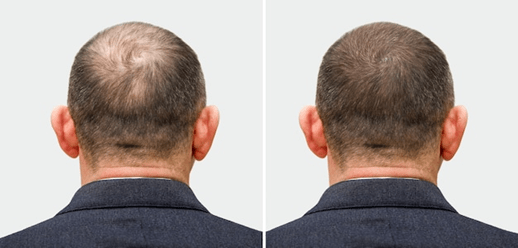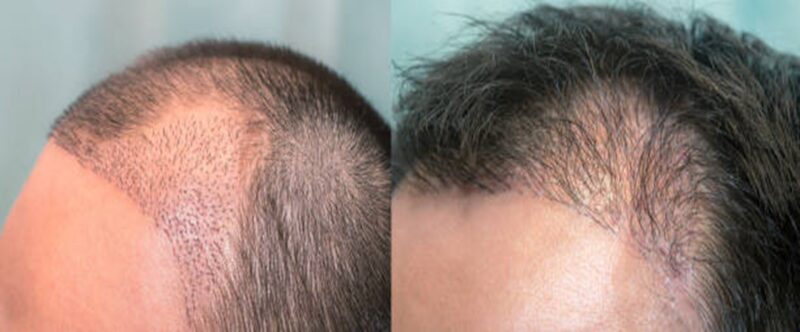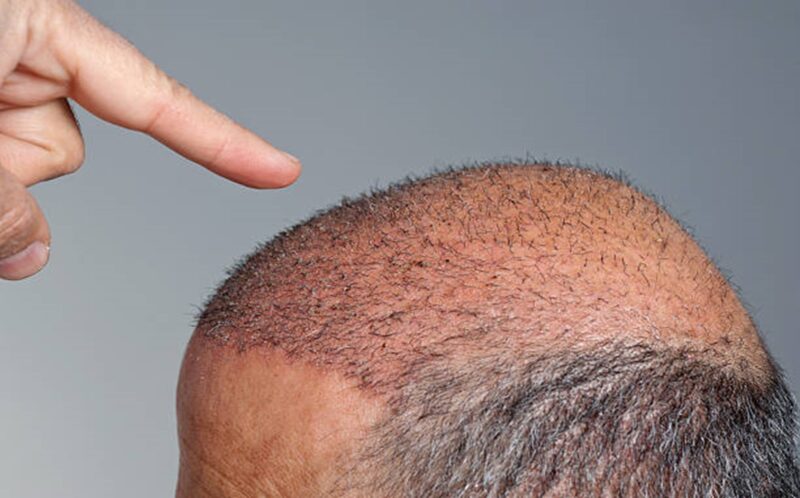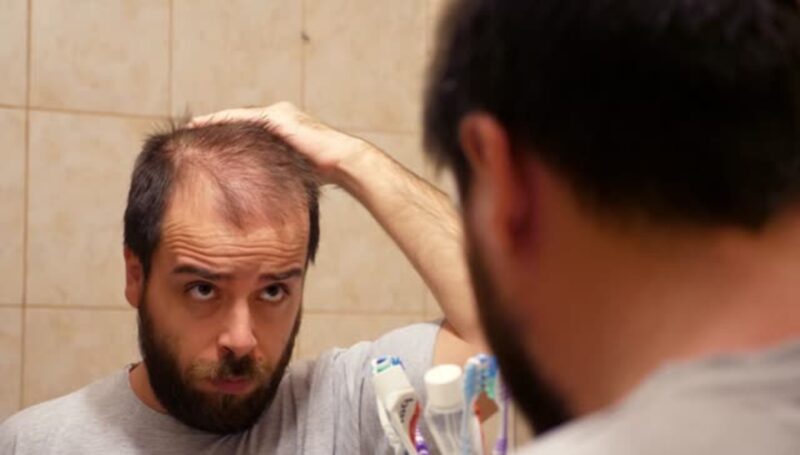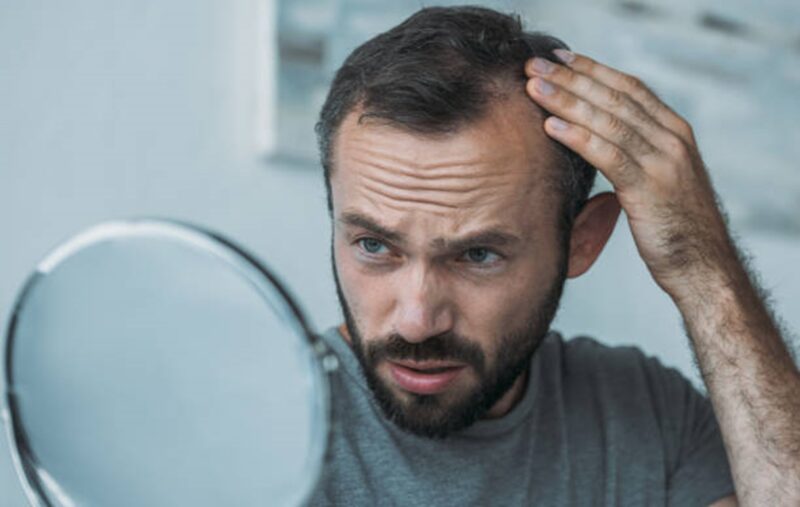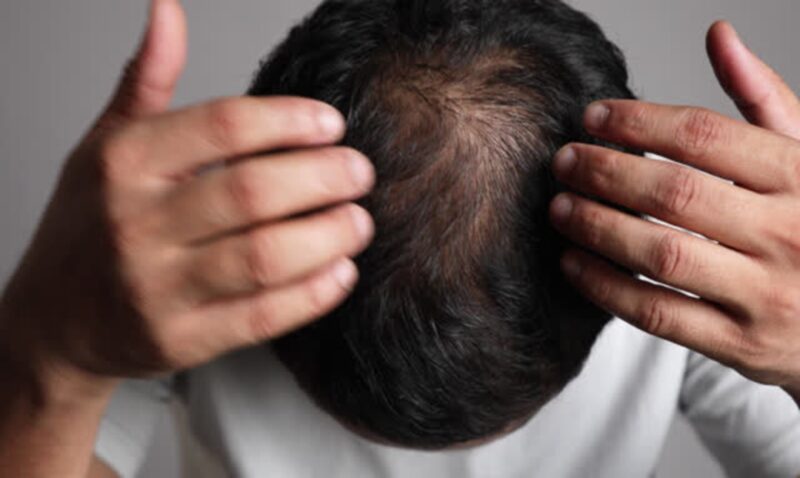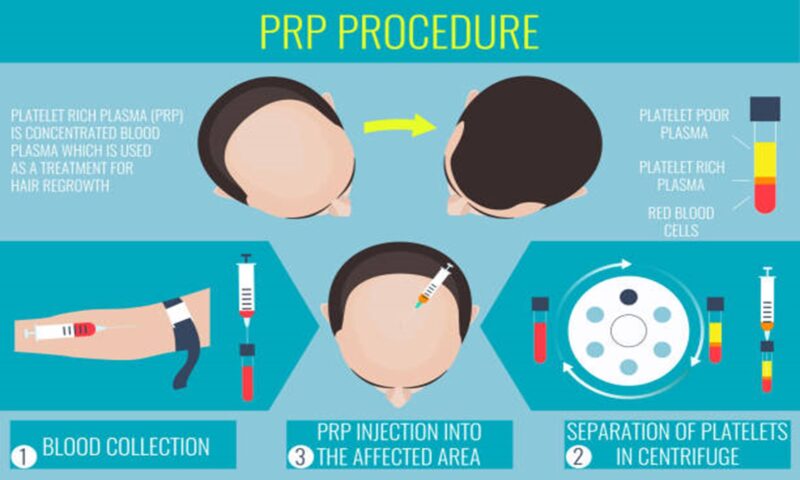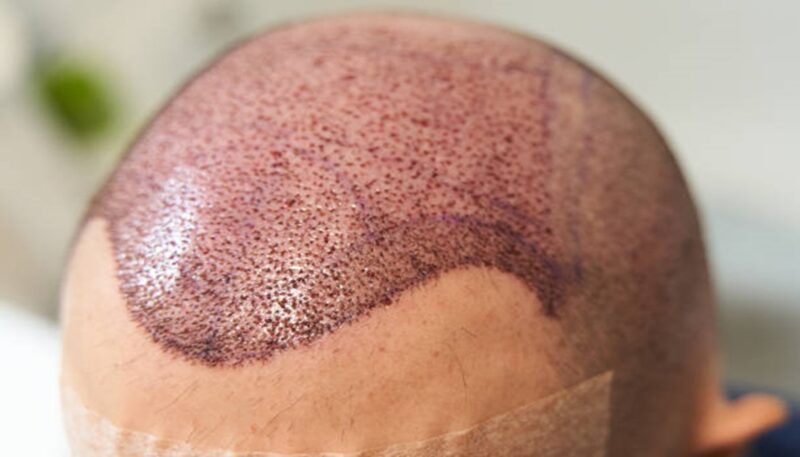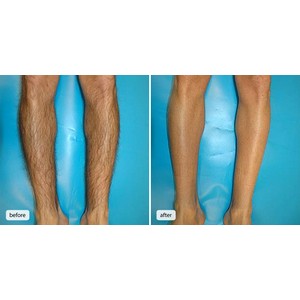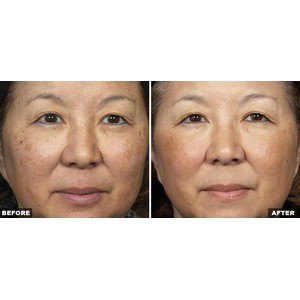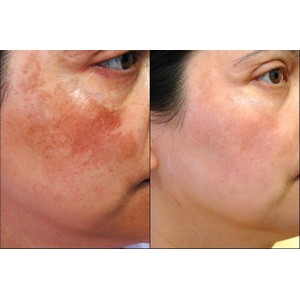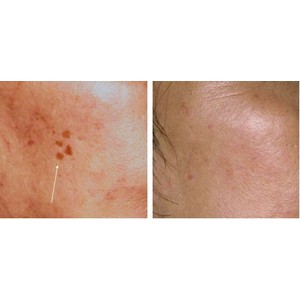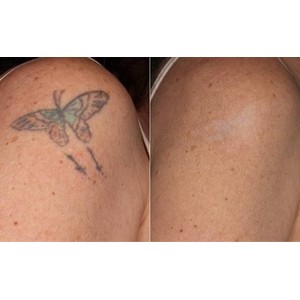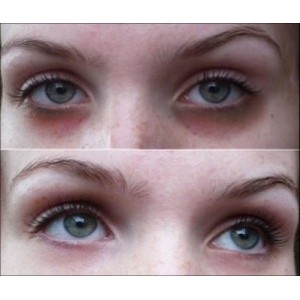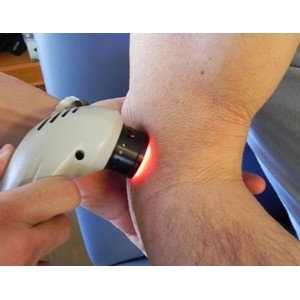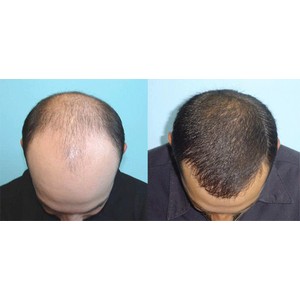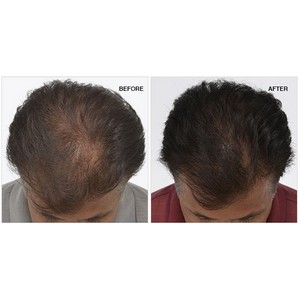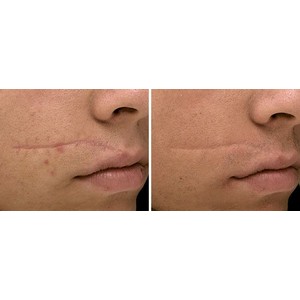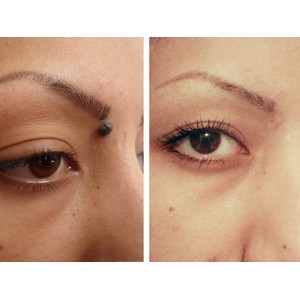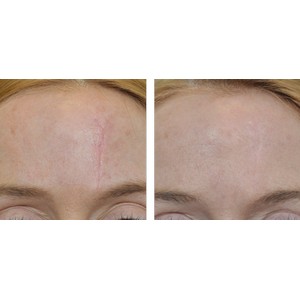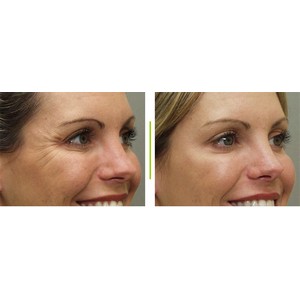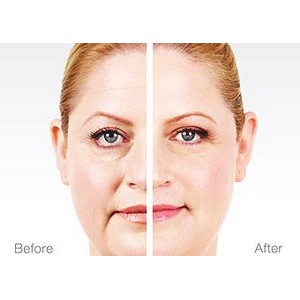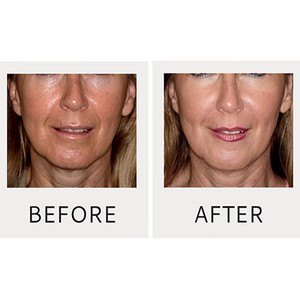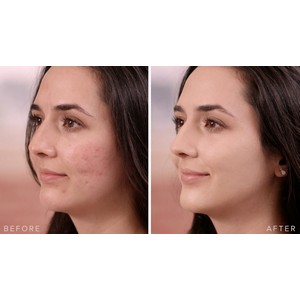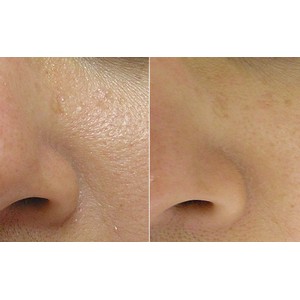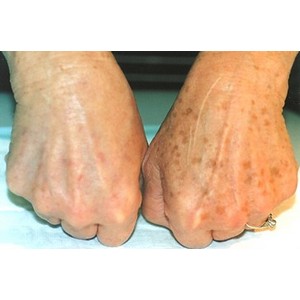Are you facing concerns about sparse density 7 months post hair transplant? Rest assured, you’re not alone. This is a common concern among patients during this crucial phase of recovery.
Understanding the reasons for low density and exploring solutions can offer clarity and reassurance. At Reniu Clinic, Dr. Manas SN, a prominent hair transplant doctor in Mysore, specializes in addressing such concerns with precision and expertise.
“Remember, everyone’s experience with hair transplant recovery is unique. It is crucial to be patient during this phase,” advises Dr. Manas SN. “By choosing skilled professionals and utilizing effective strategies, you can confidently navigate this phase and enjoy the full benefits of your transplant.”
In this blog, we’ll delve into the nuances of “7 months after hair transplant no density”. We’ll also address your concerns and offer insights into potential solutions.
Wondering why your hair density hasn’t improved after hair restoration surgery? Let’s explore the reasons.
What are the Factors Affecting Hair Transplant Density?
The factors that may impact hair transplant density include:
The donor hair’s thickness, texture, and overall quality significantly determine transplant density.
- Technique Used:
The surgical technique employed during the transplant, such as FUE or FUT, can impact the density of transplanted hair.
- Experience of the Surgeon:
The skill and experience of the hair transplant surgeon can influence the outcome, including density.
- Healing Process:
The individual’s healing process and response to the transplant procedure can affect the hair density.
- Pre-existing Hair Loss:
The extent of pre-existing hair loss and the availability of donor hair for transplant can determine achievable density.
- Post-Transplant Care:
Proper post-transplant care can impact density. This includes:
- Following the surgeon’s instructions for washing and groomingthe transplanted hair.
- Avoiding trauma to the scalp.
- Underlying Medical Conditions:
Certain underlying medical conditions or medications may affect the success and density of hair transplant results.
Ready to discuss your concerns with a hair transplant expert? Contact Dr. Manas SN at Reniu Clinic, the preferred destination for those seeking the best hair transplant in Mysore.
Experiencing hair fall months after your transplant? Find out if it’s impacting your hair density and discover the next steps.
Does Hair Fall After 7 Months of Transplant Lead to No Density?
Yes, experiencing hair fall around the 7-month mark post-transplant can affect density. However, it’s a natural part of the process. Don’t worry, it’s temporary.
Your transplanted follicles undergo a shedding phase, making way for new growth. This shedding doesn’t mean your transplant has failed. It is crucial to follow post-op care and stay patient.
“Consistent follow-up with your surgeon ensures any concerns are addressed promptly. Trust the process. Density will improve as new hair grows,” explains Dr. Manas SN.
Concerned about hair fall impacting your transplant results? Reach out to us for personalized guidance.
No density 7 months post hair transplant can be disheartening. Let’s explore the potential solutions to help you regain confidence in your results.
What if 7 Months After Hair Transplant No Density concerns persist?
If you’re noticing sparse density 7 months post hair transplant, don’t panic. It is a common concern. Several factors can contribute to this, such as:
- inadequate graft survival
- improper post-op care
- underlying medical issues
Firstly, consult your surgeon, who can evaluate the situation. They may recommend additional treatments like:
- PRP hair therapy
- adjusting your hair care routine to stimulate growth
Remember, patience is vital in the hair transplant journey. With the proper guidance, improvements are possible.
Ready to take action to improve your hair density? Book a consultation with Dr. Manas SN for personalized advice.
Various reasons can contribute to limited density post-transplant. Let’s understand these reasons.
What are the Reasons for Limited Density?
Here are the reasons for limited density after hair restoration surgery:
- Graft Survival:
Some hair follicles may not survive the transplant process.
- Natural Growth Cycle:
Hair goes through phases. Not all transplanted hairs grow simultaneously.
- Follicle Trauma:
Post-transplant care is crucial to prevent trauma to newly transplanted follicles.
- Genetic Factors:
Individual genetic predispositions can affect hair density.
- Scar Tissue:
The formation of scar tissue around transplanted follicles may hinder their growth.
- Surgeon’s Expertise:
The skill and precision of the surgeon play a vital role in ensuring optimal density.
- Postoperative Care:
Following proper care instructions post-transplant is essential for optimal results.
- Underlying Medical Conditions:
Certain medical conditions may affect hair density post-transplant. These may include Alopecia or thyroid disorders.
Want to address the factors affecting your hair density? Our team is here to help. Schedule a consultation today.
Discover actionable tips and techniques to promote hair growth and enhance density post-transplant.
Ways to Boost Hair Growth and Density After Hair Transplant
- Maintain a Balanced Diet:
Ensure your meals contain essential nutrients. These include proteins, vitamins, and minerals. They support hair growth.
- Stay Hydrated:
Drink plenty of water to keep your scalp hydrated. It promotes the health of hair follicles.
- Follow Post-Transplant Care:
Adhere to the care instructions provided by your surgeon. It optimizes healing and growth.
- Regular Scalp Massages:
Stimulate blood circulation to the scalp by massaging it regularly. This encourages hair follicle nourishment.
- Minimize Stress:
Practice stress-relieving techniques like meditation or Yoga to reduce cortisol levels. High cortisol levels can inhibit hair growth.
- Use Minoxidil:
Consult your doctor about including Minoxidil in your routine. It promotes hair growth and thickness.
- Avoid Smoking and Excessive Alcohol:
These habits can hinder blood circulation to the scalp. It can negatively impact hair growth.
- Consider PRP Therapy:
Platelet-rich plasma (PRP) therapy can enhance hair follicle health. It can stimulate growth when included in your treatment plan.
- Be Patient:
Remember that hair growth takes time. So, be patient and consistent with your efforts for the best results.
Proper post-transplant care is essential for optimizing density and ensuring long-term results. Learn about the key steps to follow for successful recovery.
Post-Transplant Care to Follow
- Keep your scalp clean by gently washing it with a mild shampoo.
- Avoid scratching or rubbing the transplanted area.
- Protect your scalp from direct sunlight. Wear a hat or sunscreen when outdoors.
- Refrain from strenuous activities. It may cause sweating or excessive movement of the scalp.
- Follow the prescribed medication regimen diligently. This may include antibiotics and pain relievers.
- Attend follow-up appointments with your hair transplant surgeon for evaluation and guidance.
- Be patient. Allow sufficient time for the transplanted hair to grow and achieve density.
- Maintain a healthy lifestyle with balanced nutrition. It supports hair growth and overall well-being.
Ready to maximize your post-transplant care routine? Contact us for personalized guidance and support.
Conclusion
Keep patience as you go through the hair transplant recovery process. While it’s natural to have concerns about “7 months after hair transplant no density”, improvements can continue beyond this point. Keep following your postoperative care routine diligently. Maintain open communication with your surgeon.
“If you are unsatisfied with the density of your hair, discuss potential enhancement options with your surgeon,” advises Dr. Manas SN, an esteemed hair transplant surgeon in Mysore. “With time and proper care, you are on track to achieving your desired fuller and more confident look. Trust the process and stay positive as your hair transformation journey is underway.”
Ready to take the next step towards achieving your desired density? Book a consultation with Dr. Manas SN at Reniu Clinic for expert care and guidance.
Explore common concerns on post-transplant density. Find concise answers from our expert FAQs section.
Frequently Asked Questions:
1. How long does it take to see full density after a hair transplant?
It takes about 12-18 months to see full density after a hair transplant. This is because the transplanted hairs undergo cycles of shedding and regrowth before reaching their final thickness.
2. Will my hair become thicker over time after a transplant?
Your transplanted hair will typically thicken as it matures during the natural growth cycle.
3. Can I undergo another transplant to improve density?
Consider a touch-up procedure with your surgeon if you’re still unsatisfied with the density after the initial transplant.
4. Will density vary depending on the type of transplant technique used?
The density achieved can vary depending on the transplant technique. However, with proper planning and execution, various methods can achieve satisfactory results.
5. Can using hair products impact the density of transplanted hair?
Use prescribed gentle, non-irritating hair products. They may not impact the density of your transplanted hair.
Reference links:
https://www.aad.org/public/diseases/hair-loss/treatment/transplant

